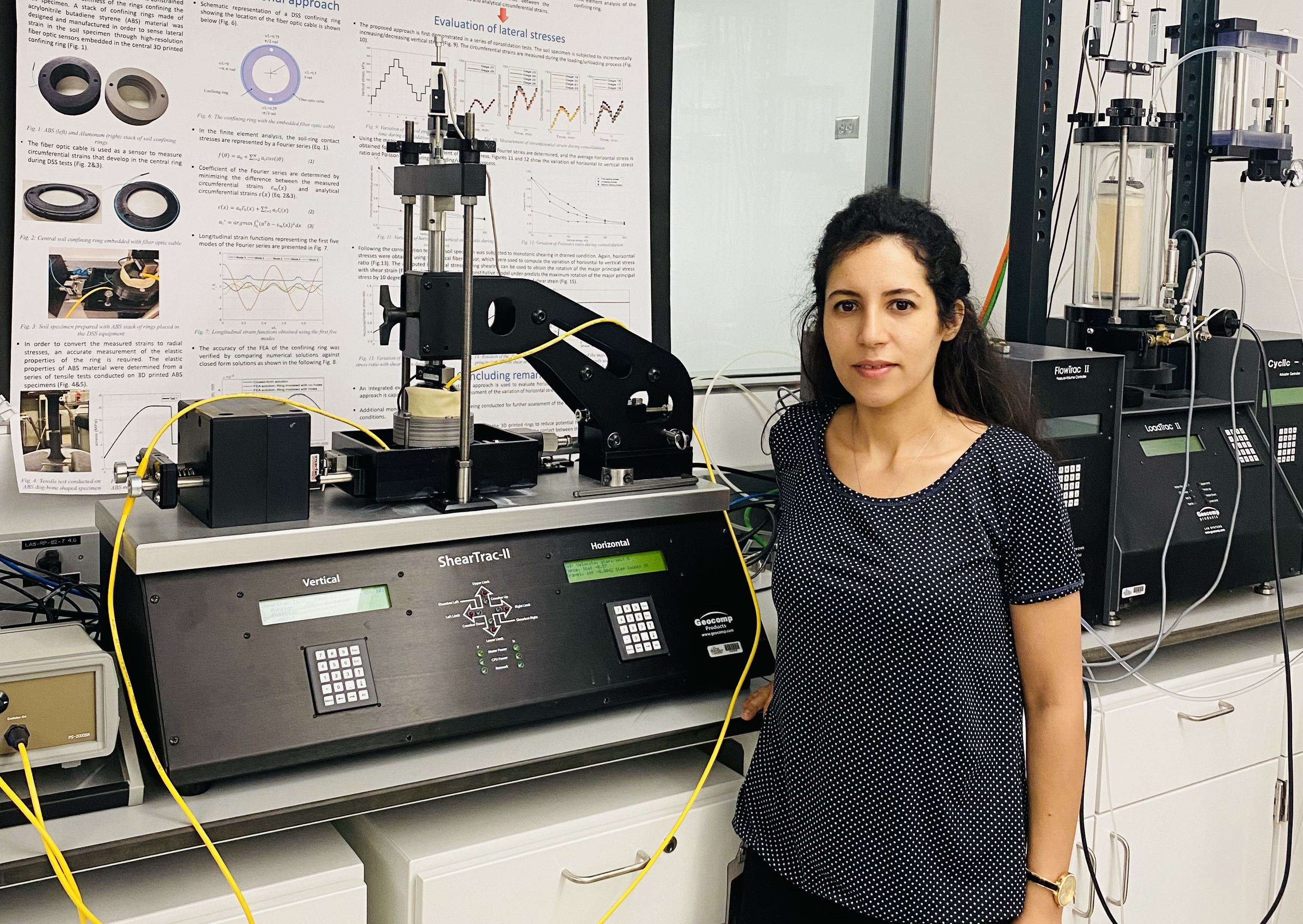Professor Majid Manzari is leading an international research collaboration among three universities in the US (GW, UCD, and RPI) and 8 universities and research centers in the UK (Cambridge U.), France (Gustav Eiffel U.), Japan (Kyoto U., Ehime U., Tokyo Institute of Technology), South Korea (KAIST), China (Zhejiang U.), and Taiwan (National Central U.). In the past six years, over 80 centrifuge experiments and 120 element tests were conducted to investigate the seismic response of critical civil infrastructure systems in the presence of soil liquefaction. Dozens of researchers and practitioners from 11 countries in three continents have been using the results of these experiments to assess the validity of advanced constitutive and numerical modeling techniques that are used in geotechnical earthquake engineering.
The project is funded by the US National Science Foundation and the corresponding funding agencies in the participating countries. Building on the success of LEAP-GWU-2015, LEAPUCD-2017, LEAP-Asia-2019 and LEAP-RPI-2020 projects, LEAP-GWU-2022 is focusing on the seismic response of water-front structures in liquefiable soils. The upcoming LEAP-GWU-2022 workshop will be the latest of the LEAP workshops that is expected to attract over 100 participants from academia and geotechnical engineering industry. The LEAP projects have received worldwide attention as the premier research program on validation of geotechnical analysis. Many researchers from around the world have been using the LEAP experimental data and validation techniques in their work. As part of LEAP-GWU-2022 project, Sarra Lbibb, a PhD student in CEE, investigated the stress-strain-strength of liquefiable soils. The results of her experiments are being used by a large number of researchers in an international blind prediction exercise. Professor Manzari has given invited themes lecture at the 7th International Conference on Geotechnical Earthquake Engineering in July 2019, Fourth International Conference on Performance Based Design in 2022, and a keynote lecture in the 2022 World Conference on Computational Mechanics.


